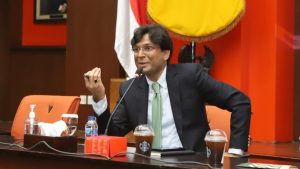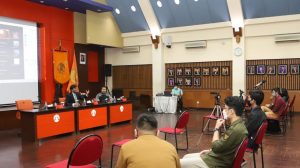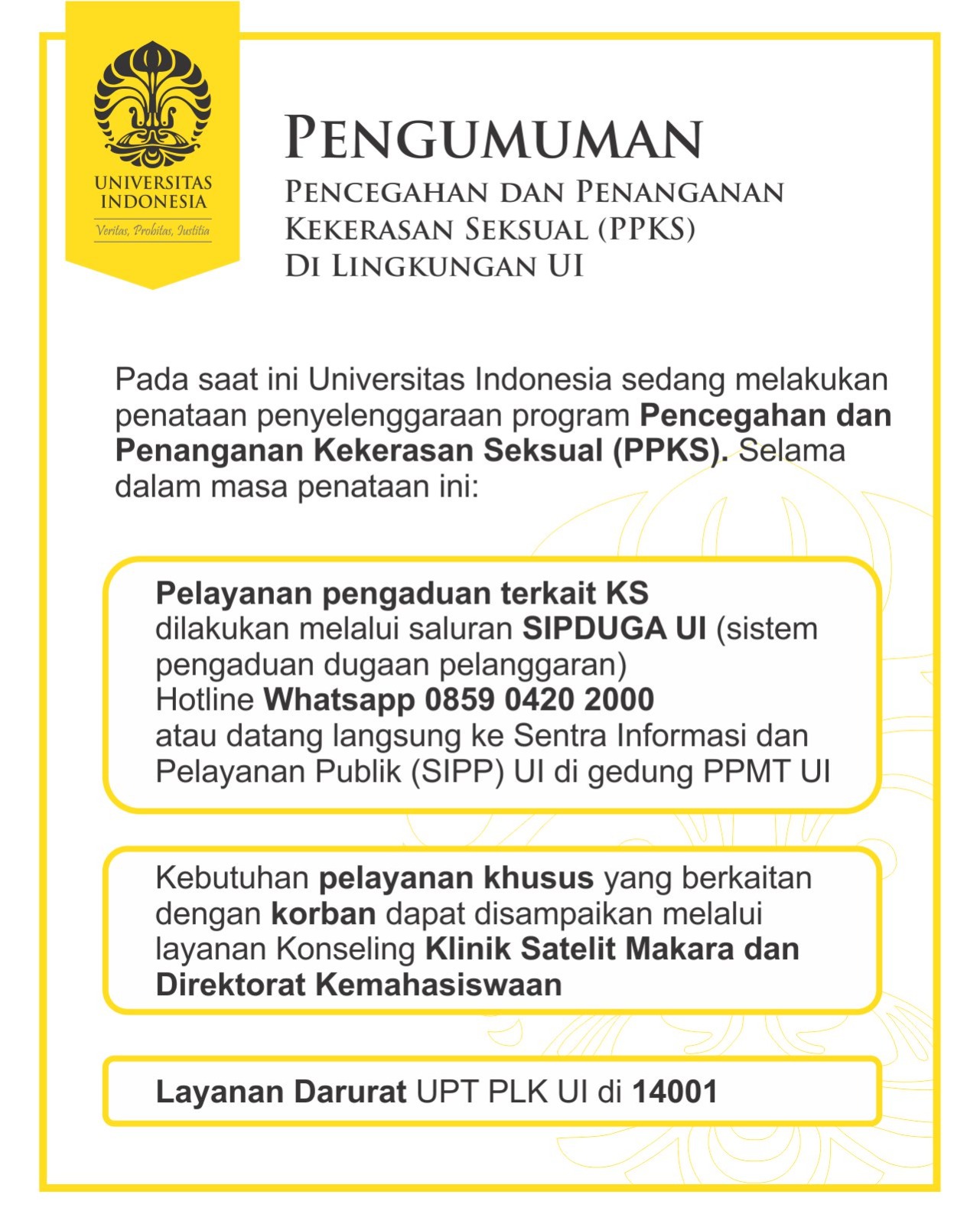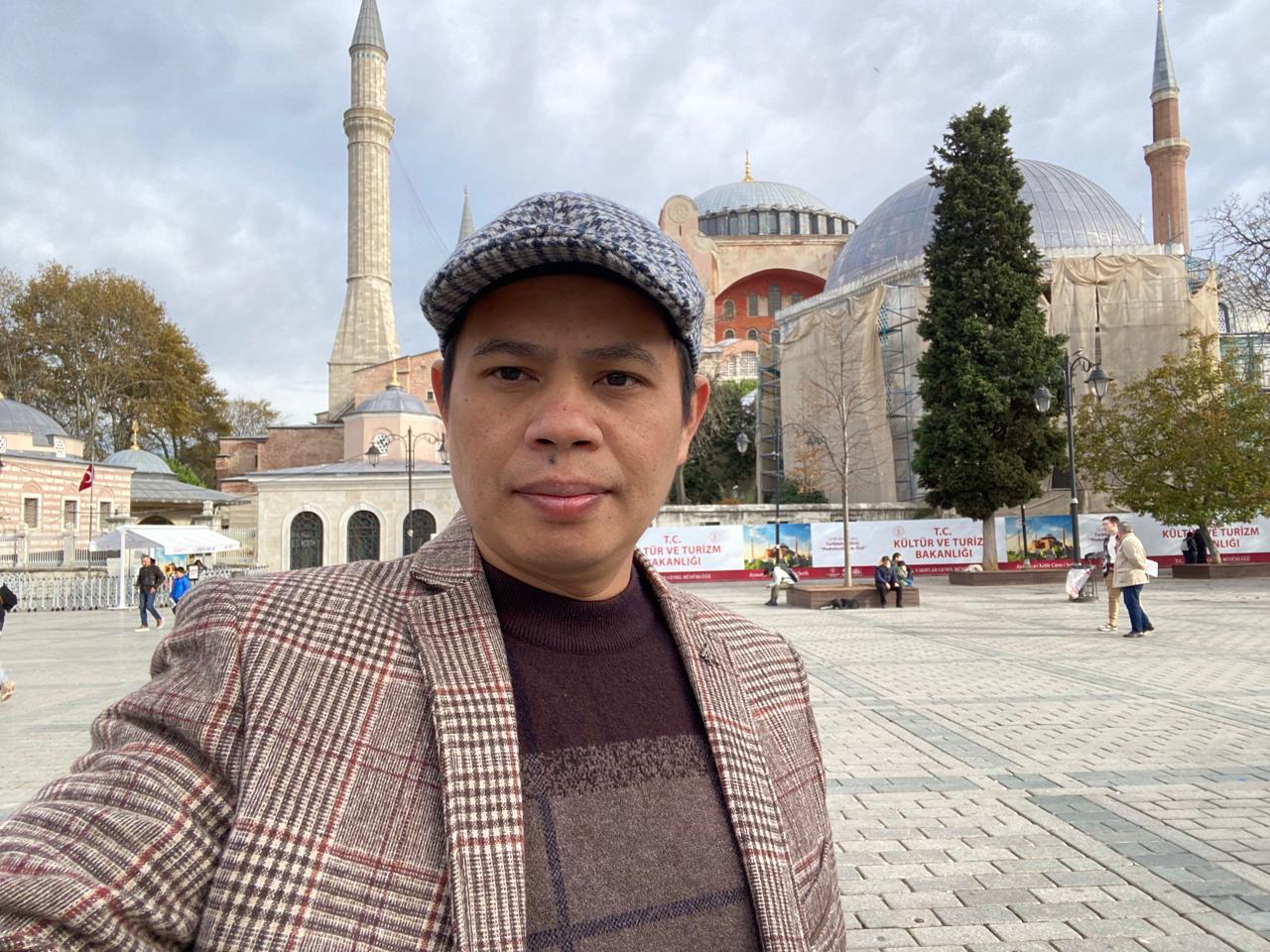Despite staggering over the Covid-19 pandemics from 2020 to 2022, China keeps developping the Belt and Road Initiative (BRI) to increase connectivity in the Indo-Pacific region. Initiated by the President of the PRC Xi Jinping in 2013, the BRI corresponds to the Silk Road of old — a trade route across Asia connecting East and West. The BRI involves 70 countries in Asia, Europe, and Africa, with significant amounts of infrastructure and capital being invested in those countries. In Indonesia, dozens of deals have been signed by entrepreneurs from China and Indonesia in order to build connectivity in the BRI’s framework.

This initiative of China’s, in which a co-operational network is developed in the framework of the BRI, brings up an issue — that of geopolitical implications with urgent impacts towards both regional and global political and economic orders. In response to said issue, the Department of Social and Political Sciences, Universitas Indonesia (FISIP UI) held a seminar on geopolitics titled “Cina Belt and Road, Connectivity for Shared Future”. The seminar presents, as a speaker, Malik Ayub Sumbal, a Senior Geopolitical Analyst and the founder of the Caucasus Centre for Strategic and International Studies, to explain, in the form an exposition, the Belt and Road Initiative.
A lecturer from the Department of Political Sciences, Meidi Kosandi Ph.D., who acts as a moderator in the seminar, said that the seminar discussed the BRI and its implications towards the current ecomonic and political world order in the midst of economic and political upheavals currently happening. “These topics are very important to understand, especially in Indonesia, which aims at a vision to increase its international role, carrying out Indonesia’s future position as one of the world’s greatest economies,” he stated.
Malik professed a highly positive view of the BRI now being promoted by China. The BRI, according to him, is a programme that encourages development throughout the world. The BRI primarily accomodates the development of infrastructure and the empowerment of societies.
“This win-win scheme presented may be an answer to problems arising from Western hegemony.” A shared future principle shows that China desires to develop societies around the world. This programme is also intended to include the participation of societies and bring them towards a better direction. “China serves as a role model in this respect, because the nation managed to rise from an underdevelopped country to being a rising power,” explained Malik.
On relations between East and West, Malik was of the opinion that the approach adopted by China, namely, shared future differs altogether from approaches based on occupation employed in Western colonialism. “Colonialism, in essence, strives to take what others possess for one’s own interest, neglects the interests of others. Tensions [happening in] the world at present shows that Western nations worry of what China may achieve,” he stated.
Malik argued that Western attempts to halt China’s attempts does not [aim] to obtain profits from other nations, but [aims instead] to halt economic development throughout the world at large. Western nations do not wish for other nations to reach levels of prosperity comparable to theirs. Also related are the double standards and hypocrisy of Western nations, which deplores aggression by other nations but ignore human rights violations committed by their own.
“Currently, Western nations are increasingly polarised over their respective interests. This, coupled by the emergence of China as a new power, is forming a multipolar world order,” stated Malik on the seminar held hybridly in the Juwono Sudarsono Auditorium (10/05).
Malik saw this as a positive development, because a multipolar world has the potential to bring about world peace due to the presence of more than one power corridor. To be avoided is a unipolar world order, which would mean a nation monopolising the world order.

In a Q&A session, Malik explained that the ‘debt trap’, often associated with the BRI, is a notion forwarded by Western nations to prevent development in BRI’s framework. China adheres to a non-interventionist foreign policy, which means that China will not interfere with domestic affairs of another country.



